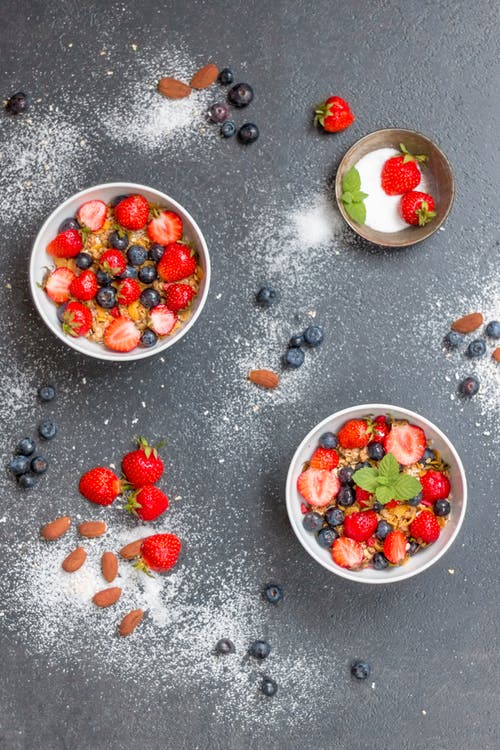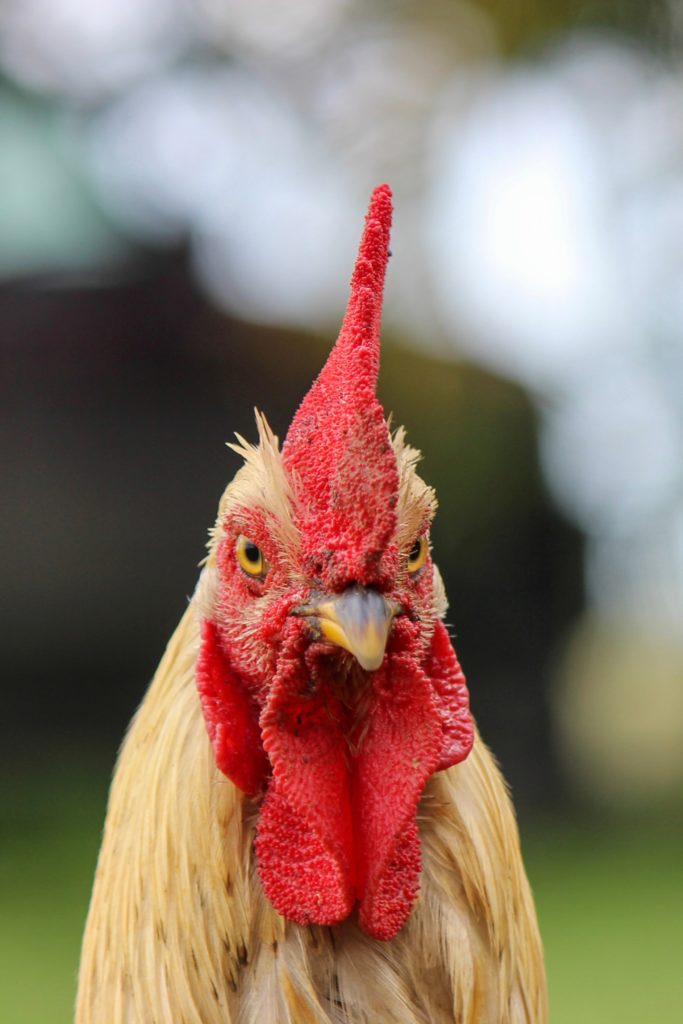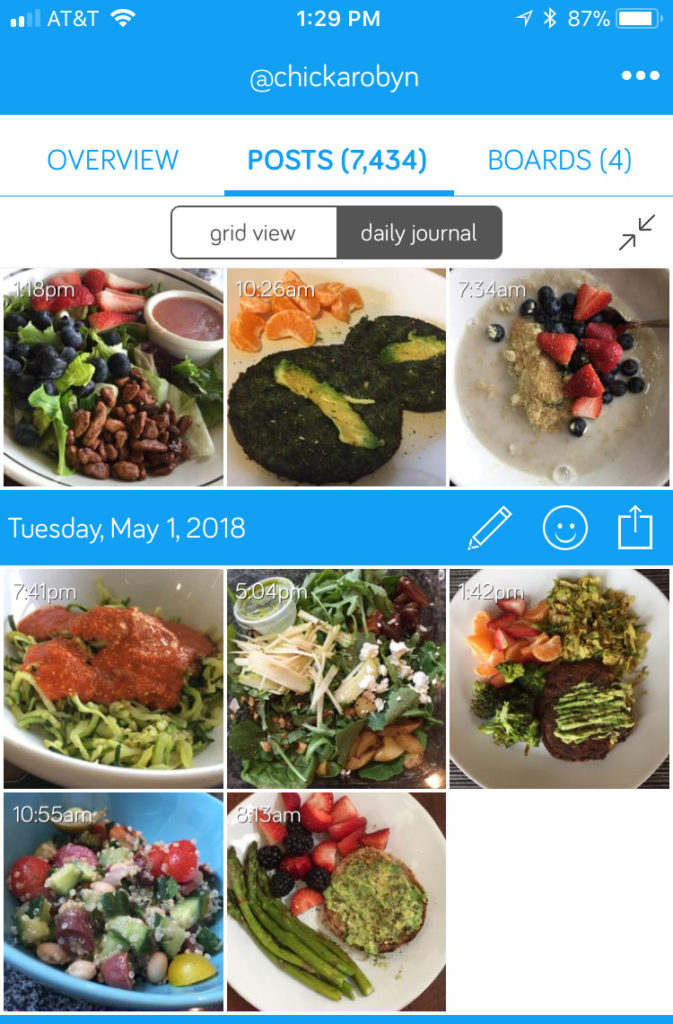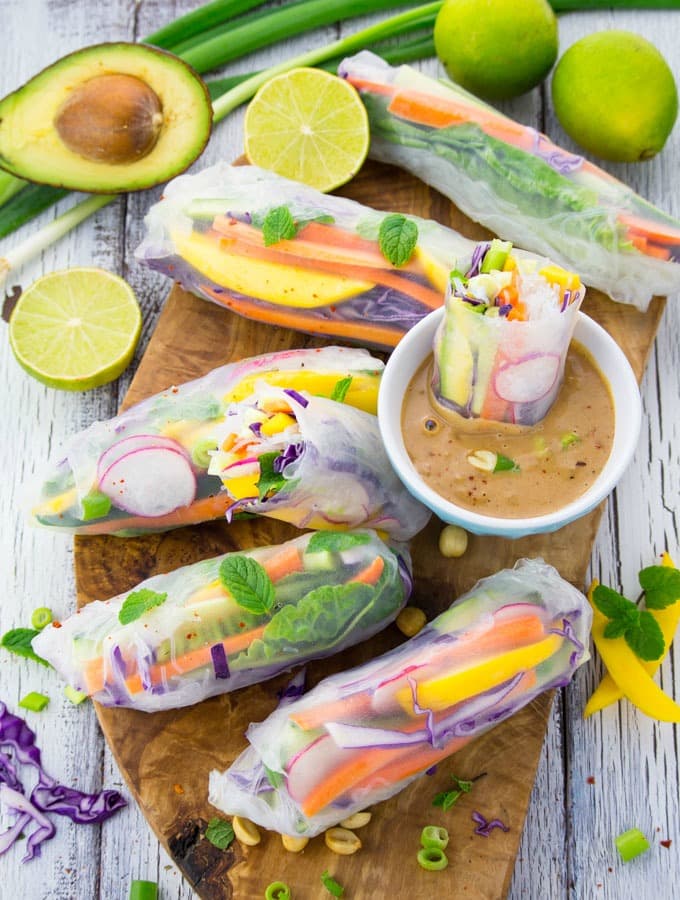
The allure of a new diet is tempting. Starting over. Renewed hope.
Maybe this one will work.
This time I’ll stick with it.
20 pounds in 30 days!
But as the days and weeks pass, the new diet becomes overwhelming. The strict rules are frustrating. If you eat something you’re supposed to avoid, you feel guilty. If you’re at a social event flush with foods not allowed on your diet, you feel miserable and alienated.
There’s another way.
It’s not a fad. It’s not sexy. It won’t promise you rapid results. There are no foods or food groups to avoid (yay carbs!). No restrictive guidelines. It can be adapted to every social situation. And you can indulge in your favorite treats without feeling guilty on occasion.
It’s what I call The Vanilla Diet.
Plain. Simple. Uncomplicated – and delicious (in my opinion).
The Vanilla Diet generally consists of:
- a variety of whole, minimally processed foods;
- prioritizing fruits and vegetables;
- including a good source of animal or plant protein with most meal;
- a healthy mix of different fats;
- plenty of water;
- a variety of high-fiber “smart” carbohydrates based on activity levels;
- eating to the point of satisfaction without getting stuffed;
- enjoying your favorite not-super-healthy foods occasionally.
This way of eating is flexible and stress-free. It can be followed at restaurants, on vacation, at a party – anywhere.
No more obsessing. No more counting. No more cleanses. No more pencils. No more books. Sorry, I couldn’t resist.
If trying to keep up with the diet flavor of the month has left you worn out and weary, maybe it’s time to come home to the basics. Because eating healthy doesn’t have to be so damn complicated.
XO ~Robyn
I work with women who want to learn how to create real + lasting health changes. We’ll use a sustainable, practice-based approach to build healthy habits into your life, one day at a time for an entire year.
As your coach, I’ll provide accountability + direction + support every step of the way. I’ll help you stay consistent, no matter what life throws at you.
If this approach resonates with you, CLICK HERE for details on how to work together.





